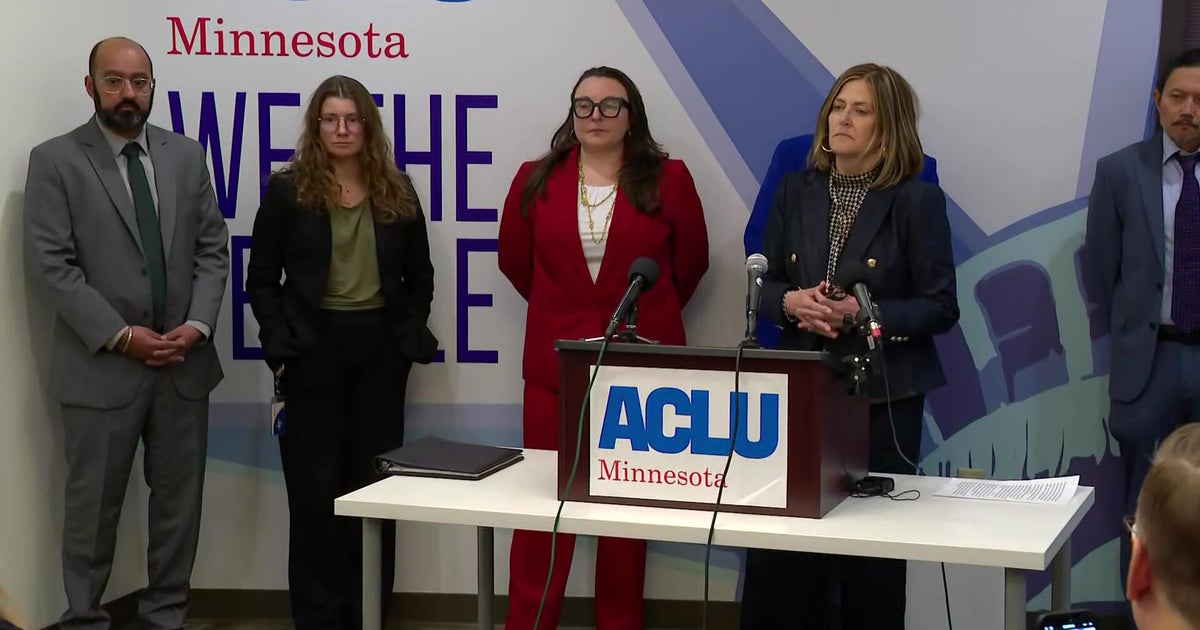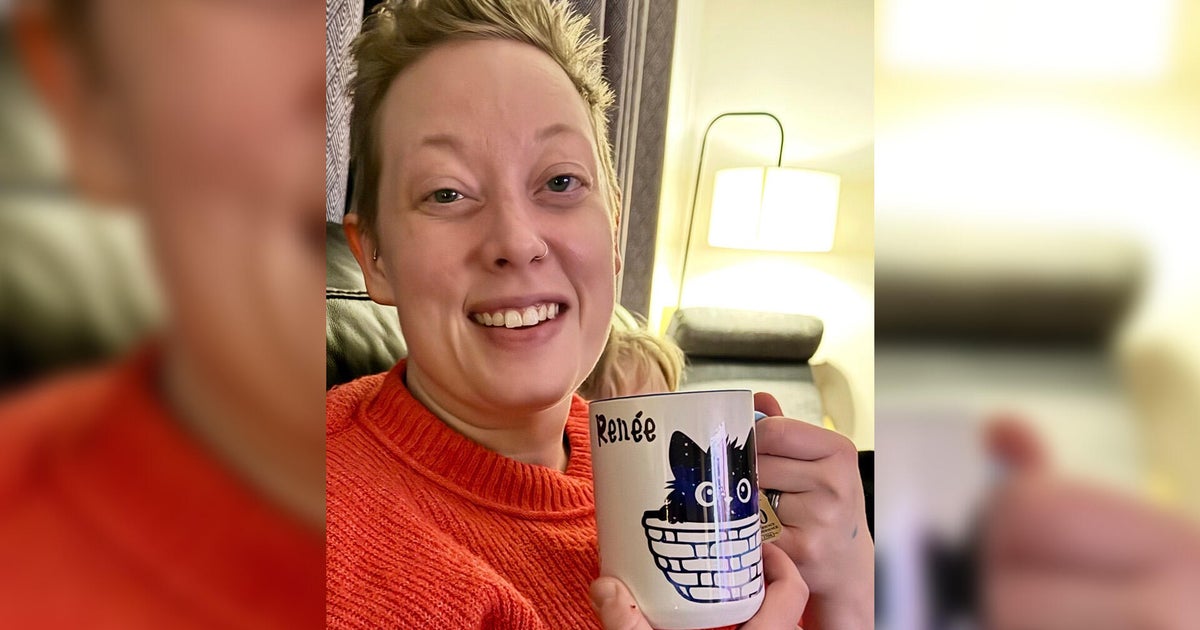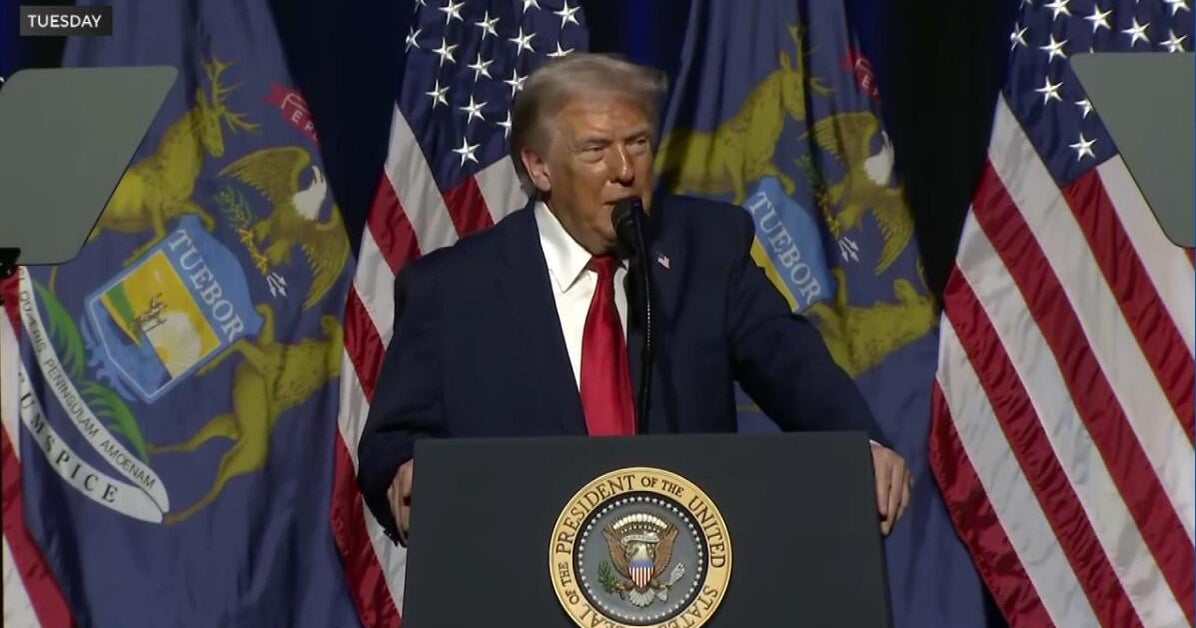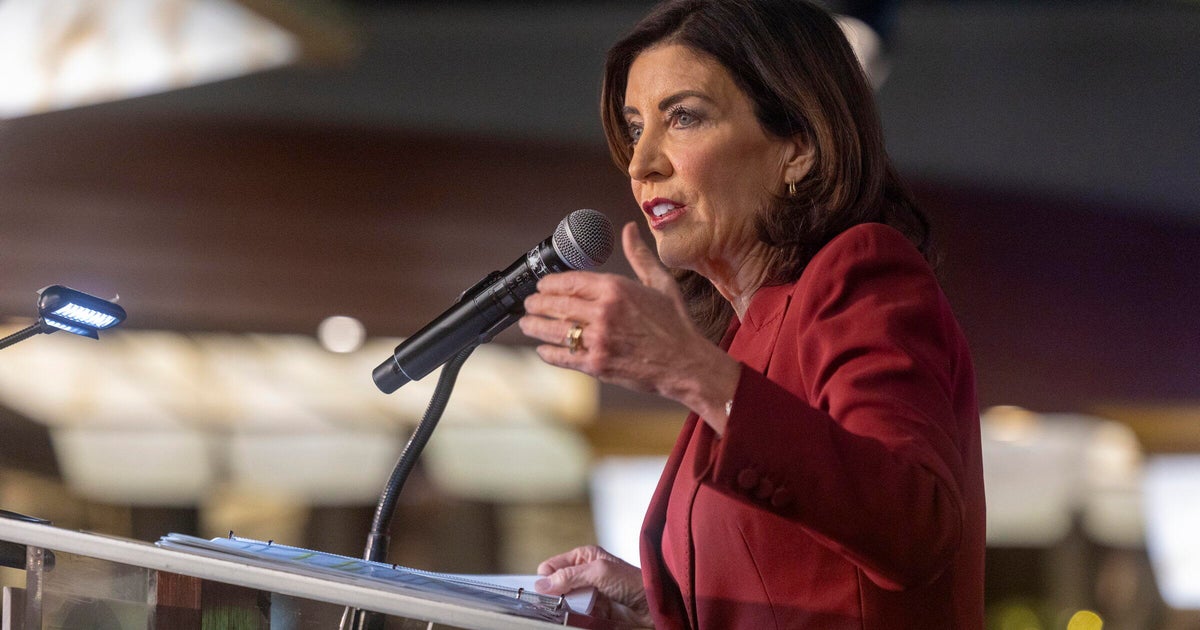Cuba-US Detente Upends Life For Cuban Dissidents
Follow CBSMIAMI.COM: Facebook | Twitter
HAVANA (AP) — President Barack Obama told the world this month that engaging Cuba is the best way to strengthen people pushing for greater freedom on the island.
Less than two weeks after it was announced, the U.S.-Cuba detente is upending the civil society Obama hopes to strengthen. The prospect of engagement between the two Cold War antagonists seems to be undercutting the island's hard-line dissidents while boosting more moderate reformers who want to push President Raul Castro gradually toward granting citizens more liberties.
The traditional dissidents say they feel betrayed by a new U.S. policy of negotiation with a government that Washington and the U.S.-backed opponents worked for decades to undermine. They say they fear that detente serves the Castro administration's aspiration of following China and Vietnam by improving the economy without conceding citizens significantly greater freedoms.
"I think President Obama made a mistake," said Berta Soler, head of the Ladies in White, Cuba's best-known dissident group. "Cuba won't change while the Castros are around. There will be positive changes for the government of Cuba, but not for the Cuban people."
Moderates say the new balance of power inside the small, fractious world of Cuba's opposition will produce political change by offering Castro a type of engagement that's harder to reject: a negotiated, more controlled opening meant to avoid the sort of disorderly transition that scarred the former Soviet Union and, more recently, the countries of the Arab Spring.
"Destabilization, disorder, anarchy, that's never been on the agenda in the minds of Cubans, and whoever has this agenda isn't going to be able to find space," said Eliezer Avila, a 29-year-old computer engineer who leads We Are More, a small, year-old opposition group pushing for economic reform and political pluralism.
What's unknown is whether the Cuban government will engage with the newly energized, more moderate members of civil society, or continue to sharply limit free speech, freedom of assembly and freedom of association as threats to the country's single-party system. Raul Castro told Cuba's National Assembly Dec. 20 that warmer relations with the U.S. would not change the system.
A major test will come during April's Summit of the Americas in Panama, a gathering of Western Hemispheric leaders where Obama and Raul Castro are expected to meet. A forum including figures from civil society inside Cuba is to be organized on the sidelines, and seems likely to spawn debate between the U.S. and Cuba, and among reformers from the island.
"There will be some negotiations or discussions behind the scenes as to who gets invited, I would imagine," said Richard Feinberg, a specialist in U.S.-Cuban relations at the University of California, San Diego.
Reform-minded Cubans have already begun testing the boundaries of free speech and association under the new relationship. Expatriate artist Tania Bruguera returned to Cuba Friday to organize a pro-reform performance piece Tuesday in the Plaza of the Revolution, the symbolic center of the Cuban government.
Bruguera was meeting with government officials Monday to request permission for the event. But Bruguera has said she will go ahead even without it, setting up a potential confrontation between young backers of the event and government supporters who consider it an affront to revolutionary values.
Pro-government bloggers have been attacking Bruguera on blogs and Twitter since her arrival. Around midday Monday, Cuban cellphones received mysterious messages from a Florida area code offering cheap beer to those at the plaza around the time of Bruguera's event, which will feature an open microphone for anyone wanting to discuss their complaints and aspirations for Cuba's future.
(© Copyright 2014 The Associated Press. All Rights Reserved. This material may not be published, broadcast, rewritten or redistributed.)
RELATED CONTENT:







